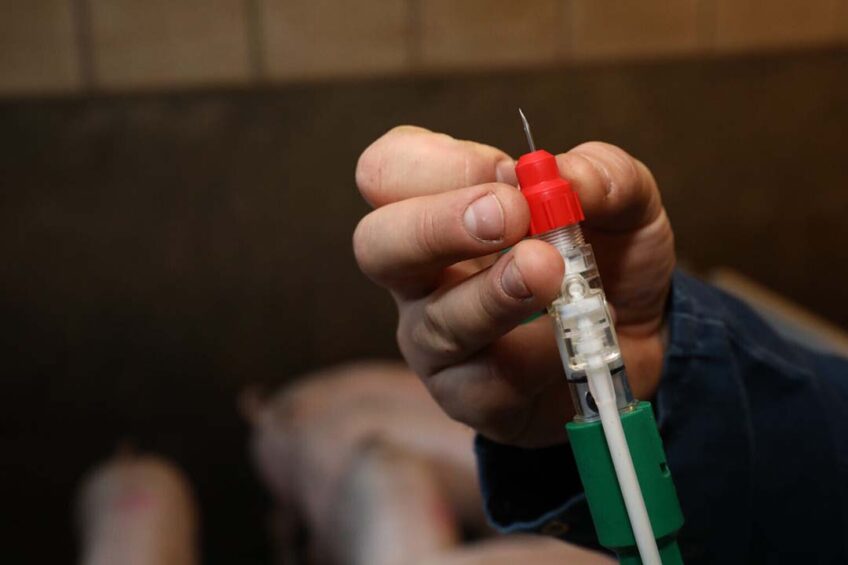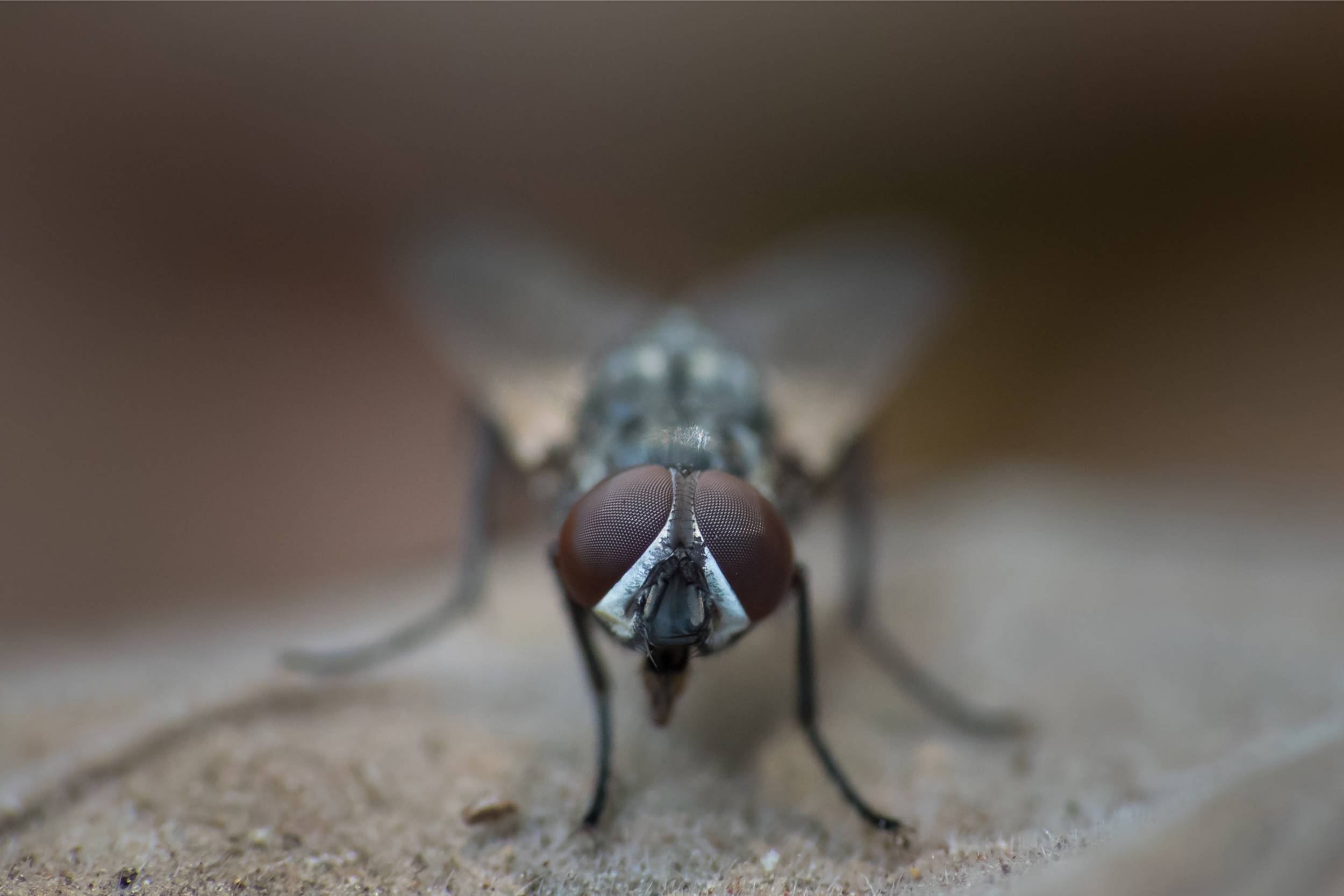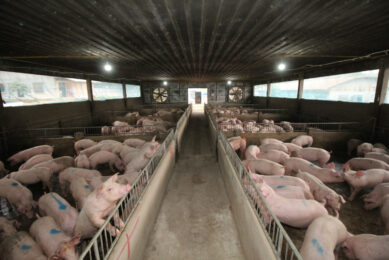ASF Philippines: vaccine procurement underway

The Philippines government is currently procuring African Swine Fever (ASF) vaccines and wants to roll out the immunisation shots in June or July 2024, the Philippine News Agency reported.
The country has been grappling with ASF since 2019. To curb the disease, the Philippines government has come up with several collaborations, cash aid, integrated or complementary farming strategies and repopulation programmes.
The Integrated National Swine Production Initiatives for Recovery and Expansion (Inspire) has been the main program of the Department of Agriculture (DA), accelerating the repopulation and recovery of the pig industry through calibrated repopulation and intensified production, establishment of breeder multiplier farms, intensified biosecurity and enhanced surveillance and expansion and modernisation of semi-commercial and commercial farms through credit support.
Vaccines in Vietnam
Hope to effectively fight ASF in the Philippines came when Vietnam became the first country to develop vaccines against ASF successfully. The first 2 vaccines were the Navet-ASFVAC vaccine, produced by Navetco National Veterinary Joint Stock Company (Navetco), and Avac ASF LIVE produced by AVAC. This was followed by the Dacovac-ASF2 vaccine, produced by the Vietnamese Dabaco Group.
Vaccine export to the Philippines
One week after the approval of the domestic use of the world’s first commercial vaccines against ASF, Reuters reported that Vietnam will export 2 million vaccine doses against ASF to the Philippines. This expectation is soon to be realised as the rollout is expected by mid-year. Addressing farmers in the province of Occidental Mindoro on ASF vaccine progress, President Marcos said, “We will roll out soon, probably by June or July, we will be able to release the vaccines. We are just waiting for the production in Vietnam because they are the developer of the vaccines.”
Vaccination challenges
Reports highlight some challenges which need to be addressed for the effective use of vaccines against ASF. As the vaccines have been tested mainly in younger pigs, the vaccines’ efficacy on pigs of different ages needs to be established. Another challenge is how to manage an outbreak in different pig classes, and what the protocols would be for vaccine administration on both large-scale and small-scale farms following an outbreak. Above all, the Philippines pig industry needs an efficient, stable, and easy-to-use vaccine.
Helping farmers cope with El Niño
According to the Philippine News Agency, the Philippines government is engaging in the dispersal of pigs to help farmers cope with El Niño challenges. In the province of Iloilo, the provincial government has allocated PHP9 million (€149,000) for pig dispersal in response to El Niño, initially targeting 15 municipalities in areas unaffected by ASF.
“We want to have a programme that is El Niño-oriented. The assistance, instead of farm inputs, we will disperse animals that are not too dependent on the rain and the like,” Iloilo Governor Arthur Defensor Jr said in a press conference.
The PHP9-million budget covers PHP6.93 million (€114,000) for the purchase of pigs and PHP2.07 million (€34,200) for feeds. Under the project, recipients will receive feeds and piglets for fattening. The governor also emphasised that the scheme is one way of helping the swine industry increase its inventory amid the ASF challenge.
Reducing pork imports
In April 2024, Iloilo province held the 30th Hog Convention and Trade Exhibits co-organised by the Pork Federations of the Philippines Inc. (PFPI) and the National Federation of Hog Farmers Inc. (NFHFI). Speaking at the Convention, Agriculture Secretary Francisco Tiu Laurel Jr., reiterated that if the country could produce more pork, a dependence on pork importation would be reduced.
“The reduction of pork importation is part of DA’s larger goal in national food security. The commitment to excellence in pork production benefits livelihoods and contributes to our nation’s collective well-being and prosperity,” Laurel said.
The Agriculture Secretary also said the DA is set to launch (in 2024) the Cold Examination Facilities for Agriculture (CEFA) in eight selected areas across the country.
The CEFA aims “to prevent the smuggling of imported agricultural commodities and the entry of transboundary agricultural diseases, ensuring the safety and quality of locally produced pork,” he said.
The procurement of ASF vaccines is poised for success in bringing the pig industry back on its feet; in line, the agriculture secretary highlighted that the 2025 budget is going to strongly support the livestock industry at the expense of the commonly favoured staple crop, rice.











